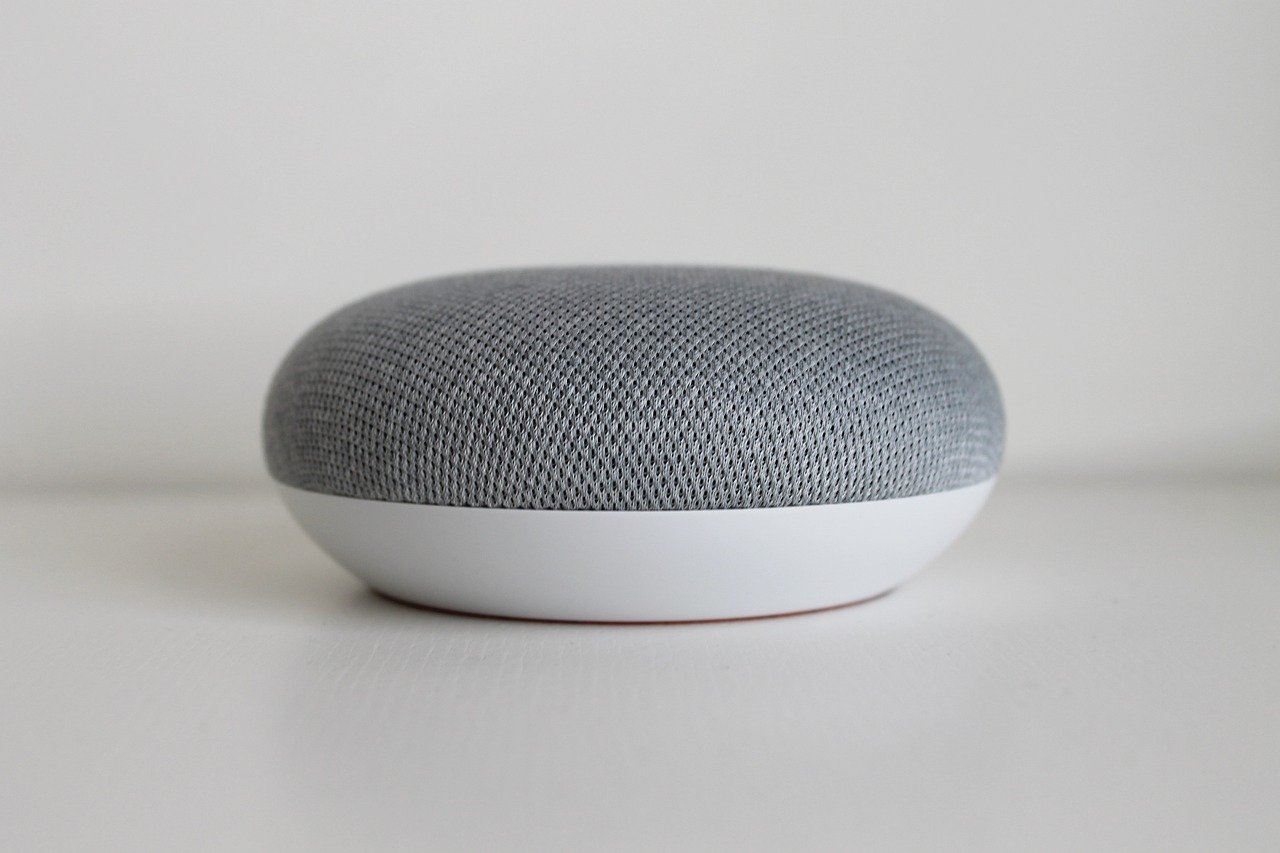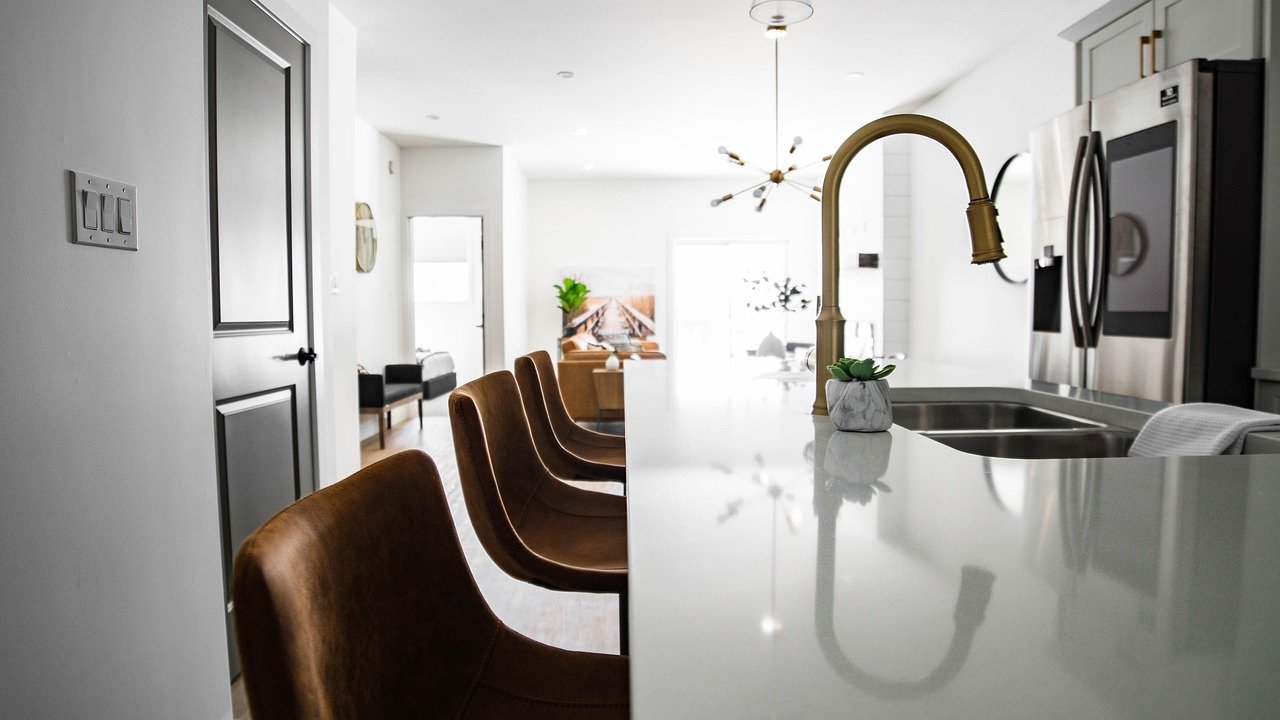Smart Home Assistants Are Getting Smarter Than Ever

Imagine talking to your house and having it actually understand what you need – not just turn on the lights, but anticipate when you’ll be cold before you even realize it yourself. Smart home assistants like Amazon Alexa, Google Assistant, and Apple’s Siri are getting even smarter in 2025, with advancements in AI allowing these systems to better understand context, predict user needs, and create personalized automation routines that adapt to your lifestyle. These voice-activated devices have evolved far beyond simple commands to become the central nervous system of our homes. They’re learning your patterns, remembering your preferences, and making your daily routine feel almost effortless. Smart versions now exist of just about every home appliance, and manufacturers continue to inject everyday devices with new features designed to make our lives easier, more informed, or just more colorful. The integration with other smart devices creates what feels like having a personal assistant who never sleeps and never forgets your coffee preference.
Wearable Health Monitors That Actually Care About You
Your smartwatch isn’t just counting steps anymore – it’s becoming your personal health detective. In 2025, most wearable AI devices include sensors like ECG, SpO2, temperature monitors, hydration sensors, and motion detectors, with machine learning analyzing collected data to find patterns and learn from habits. These devices are getting scary good at predicting health issues before they become serious problems. Your device might notice that your heart rate spikes every Monday morning, connect this to your sleep pattern, and suggest a breathing exercise when stress is likely – this learning engine separates AI-powered wearables from earlier tech. What’s really exciting is how they’re becoming personalized to you specifically. These tools become personalized with use, recognizing that one person’s normal is another’s red flag – AI knows the difference. It’s like having a doctor who knows you intimately, monitoring your health 24/7 without being intrusive about it.
Smart Thermostats That Think Like Energy Wizards
Remember when you had to manually adjust your thermostat every time you left the house? Those days feel ancient now. Smart thermostats learn your schedule and adjust the temperature accordingly, while smart lights can be programmed to turn on or off at specific times. These clever devices are becoming energy-saving masterminds that actually understand your family’s rhythms. They know when the kids get home from school, when you work late, and when you’re traveling for the weekend. Ecobee’s flagship thermostat not only has Alexa built-in but also connects directly to Siri, featuring a built-in air quality monitor and remote sensors with excellent range and battery life. The best part? They’re not just making your home more comfortable – they’re slashing your energy bills while doing it. It’s like having an environmental scientist living in your wall, constantly optimizing your home’s energy use.
Robot Vacuum Cleaners That Map Your Life
Today’s robot vacuums make those old bump-and-turn models look like toys from the stone age. These autonomous cleaning machines are using advanced sensors and mapping technology to understand your home’s layout better than you do. They know which room gets messiest, when your pet sheds the most, and even which furniture you’ve moved since yesterday. If you equip your home with smart bulbs, you can use an app or your voice to turn these light bulbs off or on anywhere. Some models include features like mopping and allergen detection, making them versatile tools for maintaining a clean and healthy living space. What’s fascinating is how they’re becoming part of your household routine – scheduling themselves around your life, avoiding the cat’s favorite napping spot, and even returning to base when they sense you’re having guests over.
Smart Security Systems That Never Sleep
Home security has evolved from simple alarms to intelligent guardians that actually think. Smart doorbells offer real-time video recording to monitor front doors and deter burglars, notifying you immediately when visitors or delivery persons arrive and providing two-way audio to talk to anyone at your door whether you’re home or not. These systems aren’t just watching – they’re learning what normal looks like around your home. They can tell the difference between your teenager sneaking in late and an actual intruder. High-resolution security cameras offer subject detection for persons, animals, or vehicles, plus three hours of video storage for free in Google smart homes. The integration with other smart home devices creates automated responses that feel almost supernatural – lights that turn on when motion is detected, cameras that start recording when unusual activity is sensed. It’s like having a security team that knows your family personally.
Smart Lighting That Reads Your Mood
Lighting has become an art form, and smart bulbs are the paintbrushes. Smart light bulbs let you control lighting remotely via apps or voice, adding automation and scheduling while allowing you to adjust brightness, color temperature, and create custom light scenes. These aren’t just lights anymore – they’re mood creators, productivity enhancers, and health supporters all rolled into one. They can simulate a sunrise to wake you gently, shift to blue light to keep you alert during work, and warm to amber tones as bedtime approaches. The Philips Hue White and Color Ambiance LED Smart Button Starter Kit includes three 60W LED smart bulbs, a Hue hub controlling up to 50 lights, and a Smart Button for phone-free control. Some systems learn your daily patterns and automatically adjust throughout the day, creating the perfect ambiance without you having to think about it.
Smart Kitchen Appliances That Cook With Intelligence

The kitchen is transforming into a culinary command center where appliances actually understand food. Smart refrigerators are becoming grocery managers that track what you have, suggest recipes based on available ingredients, and alert you when items are running low or approaching expiration. Smart ovens allow precise temperature control and cooking timers accessible via smartphones, taking the guesswork out of meal preparation. These innovations aren’t just about convenience – they’re reducing food waste and enhancing culinary creativity. Imagine a refrigerator that suggests tonight’s dinner based on what needs to be used up, or an oven that knows exactly how you like your chicken cooked. The integration between these appliances creates a seamless cooking experience where your kitchen anticipates your needs and helps you become a better cook. It’s like having a sous chef who never gets tired and always remembers your family’s dietary preferences.
Smart Plugs That Transform Any Device Into Genius Gadgets
Sometimes the smallest innovations make the biggest difference, and smart plugs are proof of that. These affordable little devices can make any regular appliance instantly smart, without requiring you to replace everything you own. They enable remote control and scheduling of devices like lamps, fans, or heaters while monitoring energy usage to help save electricity. Users can automate power cycles and create schedules that align with their daily routines. A four-pack of smart bulbs typically costs $40 but can sometimes be found on sale for as low as $30. These affordable tools are often the entry point for those beginning to build a smart home ecosystem, offering convenience without breaking the bank. It’s amazing how plugging your coffee maker into a smart plug suddenly gives you the power to wake up to freshly brewed coffee every morning.
Smart Irrigation Systems That Speak Plant Language
For anyone who’s ever killed a plant by overwatering or underwatering, smart irrigation systems are nothing short of miraculous. Smart home systems integrate with renewable energy sources like solar panels, allowing homeowners to track energy production and usage in real time while slashing waste and cutting costs. These systems use weather data, soil moisture levels, and plant-specific needs to create watering schedules that actually make sense. They prevent overwatering, reduce runoff, and ensure your plants get exactly what they need when they need it. Controlled via mobile apps, they provide flexibility and support sustainable gardening practices while reducing water bills. It’s like having a master gardener who understands each plant in your yard personally and never forgets to check the weather forecast before deciding whether to water today.
AI-Powered Productivity Apps That Think Like Your Best Assistant
The future of personal productivity isn’t just about to-do lists – it’s about having AI assistants that understand your work style better than you do. ChatGPT is getting more impressive each year, but it’s just one app in a sea of possibilities, with more than 60 AI productivity tools available that change the way people work. Motion is a robust AI-powered productivity tool that seamlessly integrates calendar management, project timelines, and task lists to help users streamline daily activities and improve overall efficiency. These tools use artificial intelligence to manage tasks, schedule meetings, and prioritize activities in ways that feel almost psychic. AI-integrated wellness platforms can detect signs of burnout or stress and recommend timely interventions, while AI-powered wearable devices track health and encourage breaks to enhance overall wellbeing. They integrate with calendars, emails, and other platforms to create a centralized hub for managing daily responsibilities. The result is a work experience that feels less chaotic and more intentional.
What’s truly remarkable about these smart tools isn’t just what they can do individually – it’s how they’re starting to work together to create homes and lives that feel almost magical. We’re living through a moment where technology is becoming truly helpful rather than just impressive, and honestly, I didn’t expect it to happen this fast. Did you?

